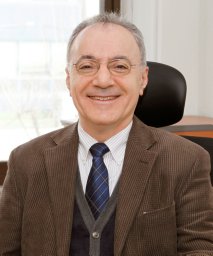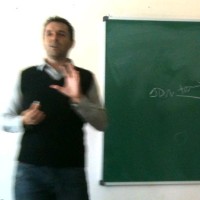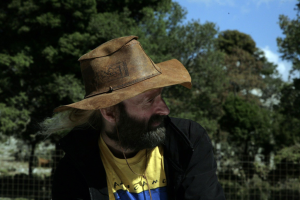Last year, a new study on green innovations and patents in 27 countries left one reader slack-jawed. The findings were no surprise. What was baffling was how the authors, two professors of economics in Europe, had pulled off the research in the first place.
The reader, a PhD student in economics, was working with the same data described in the paper. He knew they were riddled with holes – sometimes big ones: For several countries, observations for some of the variables the study tracked were completely absent. The authors made no mention of how they dealt with this problem. On the contrary, they wrote they had “balanced panel data,” which in economic parlance means a dataset with no gaps.
“I was dumbstruck for a week,” said the student, who requested anonymity for fear of harming his career. (His identity is known to Retraction Watch.)
Continue reading No data? No problem! Undisclosed tinkering in Excel behind economics paper








